
AI
Latest News
Latest Videos

CME Content
More News

Technology and AI offerings for doctors are exploding. Should you integrate more tech into your practice?

Technology and AI offerings for doctors are exploding. Should you integrate more tech into your practice?

Technology and AI offerings for doctors are exploding. Should you integrate more tech into your practice?

Technology and AI offerings for doctors are exploding. Should you integrate more tech into your practice?
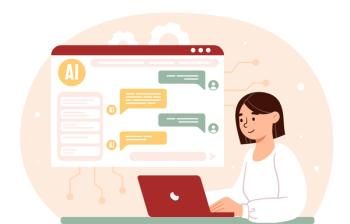
A new study explores patient satisfaction with AI-generated responses, prompting ethical debate over disclosure in health care communications.
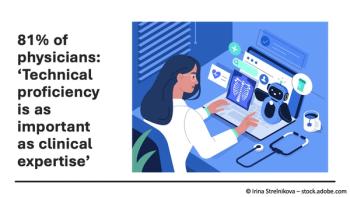
Physicians spend an average of 22 personal hours per month learning about new health care technology, says Sermo survey.

Company adds ability to analyze tables, charts and diagrams

A more human way of thinking can overcome legitimate concerns that doctors have about artificial intelligence.

Artificial intelligence platform can be used in ambulatory care practices.

Physicians, pharmacists and artificial intelligence can join to form a cost-effective solution that improves patient outcomes and financial sustainability.

AI-powered recruiting is yielding benefits that include both accelerating and improving job-candidate matching.
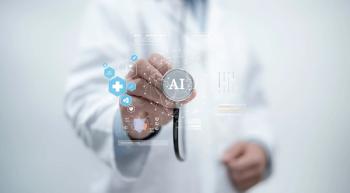
A study, published in JACC Advances, highlights potential for early heart failure detection in primary care, thanks to AI.

AMA survey shows growing physician concerns over automated insurance denials.
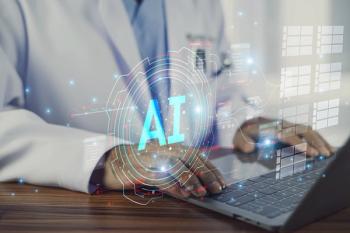
OpenEvidence secures a $1B valuation, and access to decades of NEJM content, multimedia.

Survey finds some skepticism that patients will see fully the future benefits of artificial intelligence.

The "AMA Augmented Intelligence Research" demonstrates a surge in AI use and enthusiasm among physicians — though concerns remain.
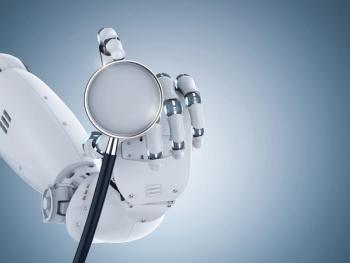
New research highlights the need for stronger patient communication regarding AI implementation in clinical settings.
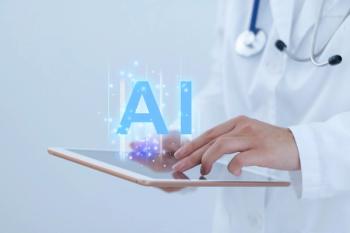
With AI's health care boom, many physicians seek guidance on meaningful integration.
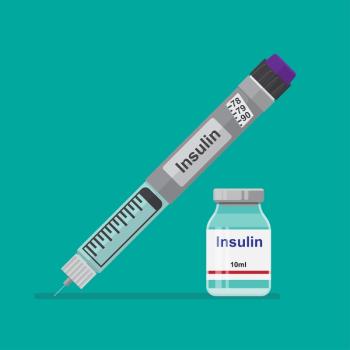
UVA researchers test AI technology to enhance automated insulin delivery and improve blood sugar control for patients with T1D.

Stanford study finds AI support improves physician decision-making in complex cases.

Even when the AI provided the same advice as a human, people still didn’t like it

Balancing automation and accuracy in the quest to reduce provider documentation burden

Unlocking new possibilities for precision medicine

A new study highlights the potential of AI for early detection of PH.

Australian researchers are using an AI tool to assess an AI-powered cardiac diagnoses in emergency departments






